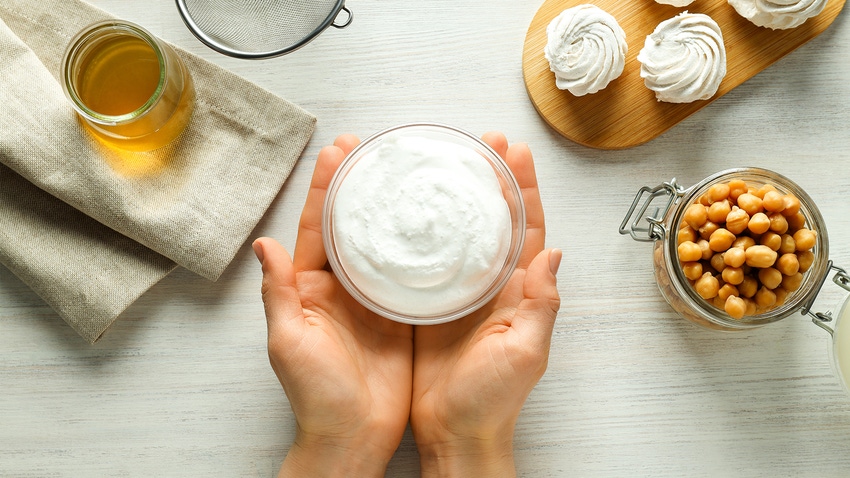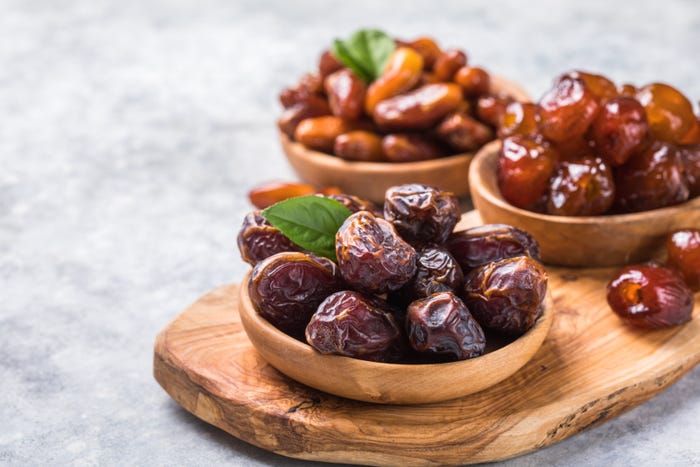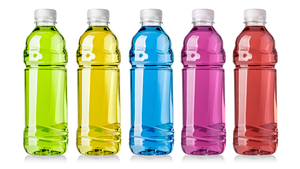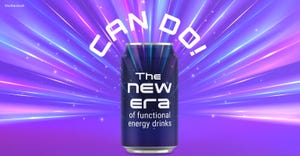Food and beverage industry embraces upcycling to reduce waste
Upcycling initiatives are gaining momentum, with companies like Funky Mello, Rancho Meladuco Date Farm and Nutraberry leading the charge by repurposing discarded ingredients to create new, value-added products.

At a Glance
- Upcycling in the food and beverage industry involves repurposing food waste to create products of additional value.
- Companies are finding innovative ways to use food scraps and byproducts that would otherwise be thrown away.
- There are diverse applications of upcycled ingredients, ranging from plant-based products to oil and fiber ingredients.
Upcycling food waste is a growing movement in the food and beverage industry that not only reduces food waste but creates additional value. According to Upcycled Food Association (UFA), 374 products and ingredients have been Upcycled Certified from more than 75 different food and beverage brands.
About one-third of all food produced globally is wasted, according to Project Drawdown. What’s more, wasted food contributes roughly 8% of global greenhouse gas emissions. In a study by the nonprofit, reducing food waste by 50% by 2050 could significantly reduce greenhouse gas emissions.
Among food and beverage brands taking advantage of upcycled ingredients is Funky Mello, a company that produces marshmallow creme using aquafaba, a liquid that’s produced when chickpeas are cooked.
“Normally, [aquafaba is] thrown away and wasted,” Zach Harper, co-founder of Funky Mello, said. “We realize that’s a huge opportunity … so we wanted to minimize waste and put it back into our process.”
The product is positioned as a plant-based whipped topping, a replacement for coffee creamer and a fruit dip. Funky Mello’s line of aquafaba-based marshmallow creme is available in the refrigerated dairy aisle at certain Whole Foods locations and is expanding to H-E-B grocery stores.
Another company utilizing upcycled products is Rancho Meladuco Date Farm, a California-based date farm and producer of premium hand-packed dates, which utilizes imperfect dates that would otherwise be wasted.

“We got started with … specializing in softer dates, which is sort of where we set ourselves apart,” Joan Smith, founder of Rancho Meladuco Date Farm, said.
While softer dates offer more moisture and an intense flavor and sweetness reminiscent of brown sugar and caramel, targeting the optimal harvest window yielded inconsistencies in the quality and attributes of the dates.
Making use of the lower grades of dates, the company started producing “Grinders,” packs of dates that include dates with imperfections such as skin separation. The Grinders are packaged in cost-effective packaging and sold at a discount.
“They were basically, like, the ugly and the puffy dates,” Smith said. Grinders, which are marketed for baking, cooking and blending, also include dates that are too small, too dry or which would otherwise be “graded out.” The solution not only prevents date waste but helps the company mitigate loss by selling fruit that requires as much labor and resources as its premium dates, according to Smith.
Nutraberry is a Seattle-based company that uses the wasted seeds of berry juice and puree production to produce nutritionally potent oil and fiber ingredients for use in foods, beverages and personal care products.
Raspberry seed oil, for example, is high in alpha-linoleic omega-3 fatty acids and micronutrients that make it an attractive addition in cosmetics, David Wishnick, co-founder of Nutraberry, said.
The remaining fiber of the seed, which is water soluble and high in polyphenols, is micronized to match the size of human cell, creating fiber-encapsulated polyphenols that have “more efficacy than extracts” in the microbiome, Wishnick explained.
Nutraberry’s seed-based ingredients are derived from blackberries, raspberries, black raspberries, blueberries and strawberries.
In food and beverage, bakery is a popular application for Nutraberry’s functional ingredients, according to Wishnick, who noted the benefits the fruity notes of the ingredients contribute to bakery applications like cookies and bars. Other potential applications for Nutraberry’s powders include chocolates, beverages, smoothies and dairy products.
About the Author(s)
You May Also Like








